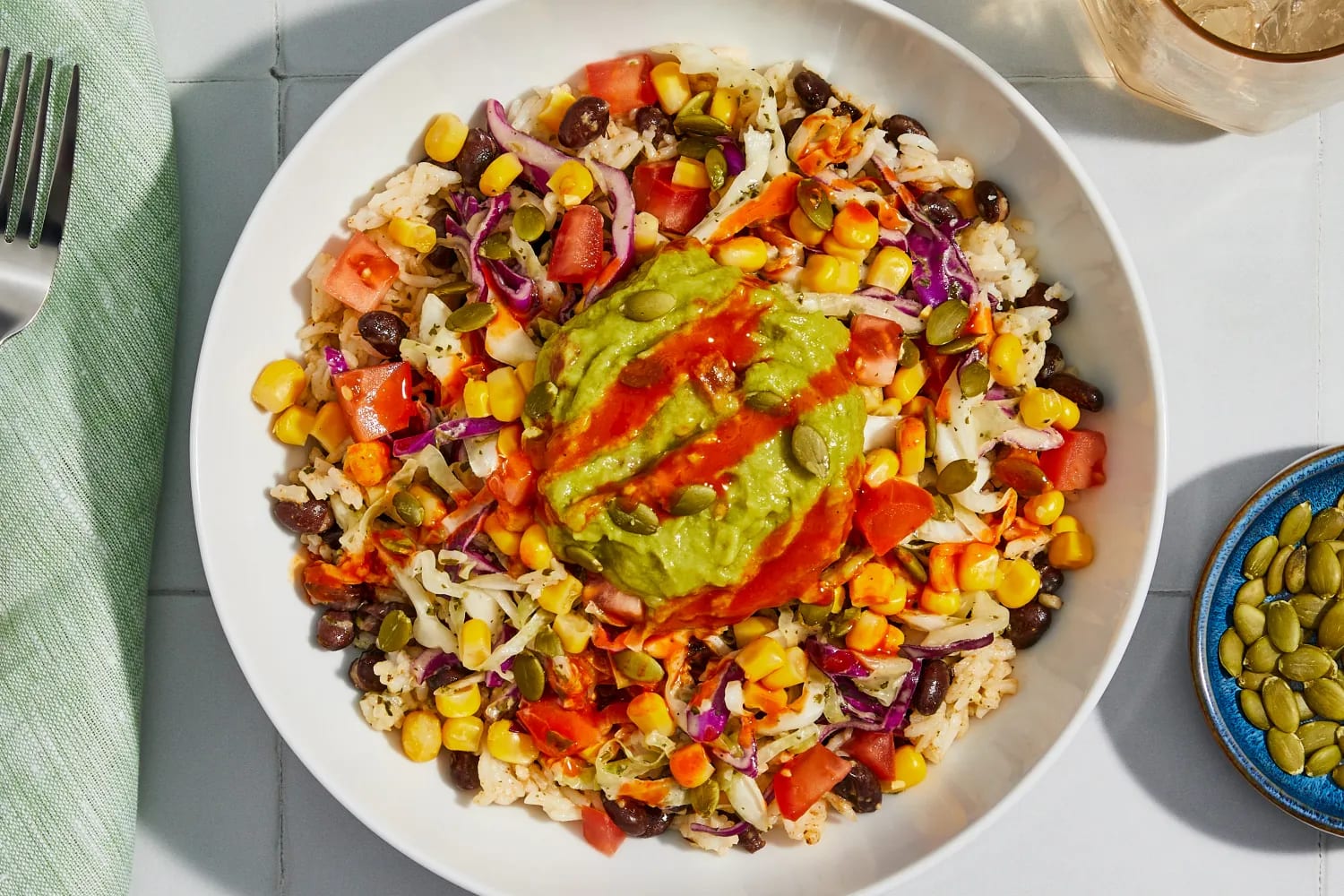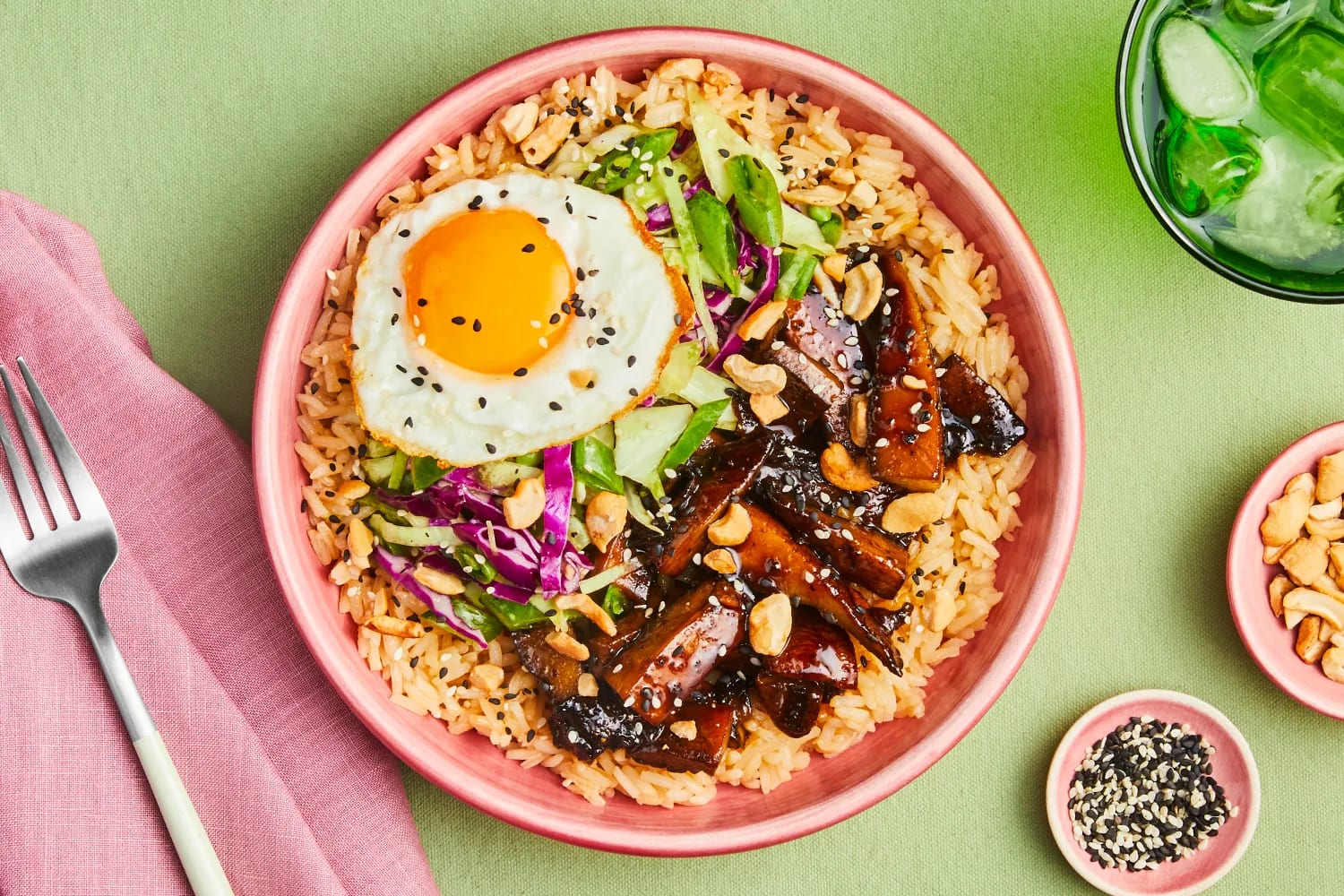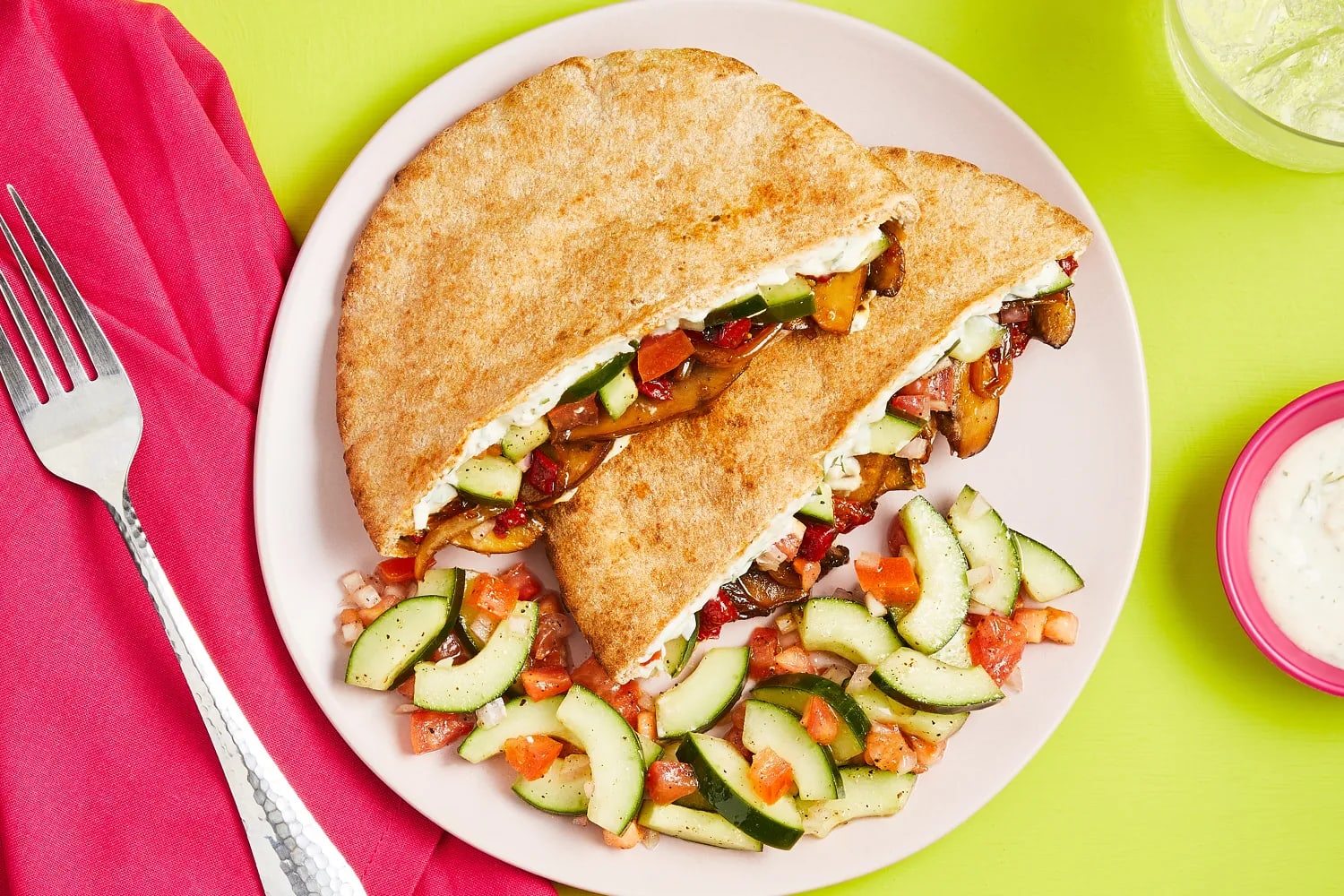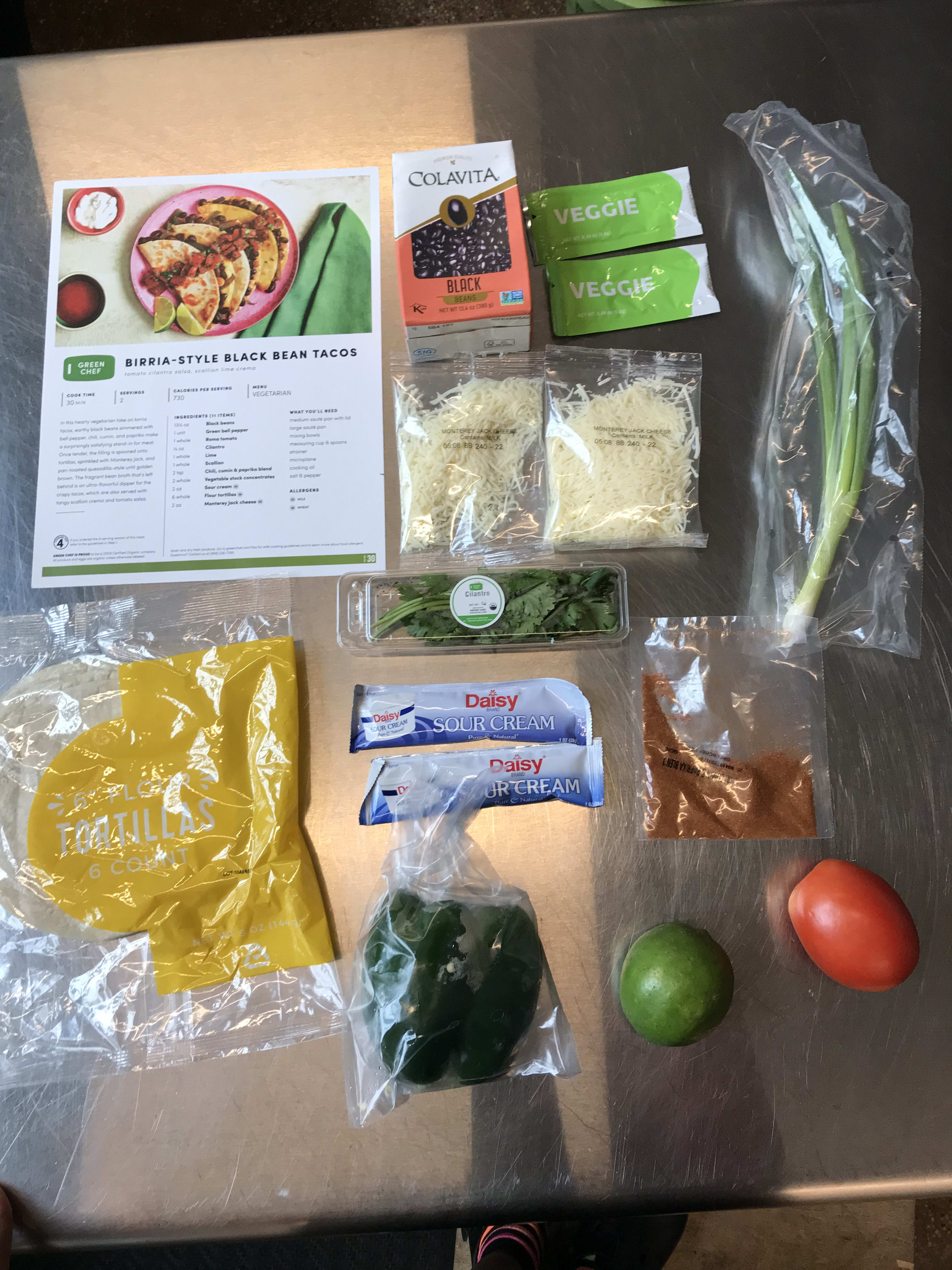Vegan, Vegetarian, and Plant-Based: What’s the Difference?
Vegan, Vegetarian, and Plant-Based: What’s the Difference?
These days, it's hard to ignore the conversations surrounding health and the environment. That's why diets like vegan, vegetarian, and plant-based have taken the spotlight. They all have one thing in common—they focus on making more conscious food choices.
But let's dive a bit deeper and see what makes each of these diets unique. By understanding their principles, practices, and impact, you'll be well-equipped to explore a healthier lifestyle that suits you best. It's all about finding what works for you!

What Is a Vegan Diet?
When it comes to the vegan lifestyle, it's all about a deep-rooted principle: causing no harm. Being vegan is so much more than just a diet—it's a lifestyle centered around compassion and mindfulness
Whether from the food you eat or the shoes you wear, every decision you make as a vegan is about this commitment to kindness
Veganism focuses on avoiding any animal products or by-products. It's not just about skipping meat, but also saying no to dairy, eggs, and even ingredients like gelatin and animal fat that you may not even think about.
But being vegan goes beyond just what you eat. It's a lifestyle that can affect the choices you make in other areas too, like clothing, cosmetics, and everyday items. Vegans are committed to avoiding anything that comes from animals.
Whether it's choosing not to use lipstick that's tested on animals or choosing non-leather bags, the vegan lifestyle covers all aspects of life. It's about being mindful and making choices that align with specific values, while also showing kindness and compassion towards animals.
What Are the Staples of Vegan Cuisine?
When you choose to go vegan, you open your taste buds to a whole new world of flavors and ingredients. Instead of animal-based proteins, vegan meals celebrate plant-powered alternatives like tofu, tempeh, chickpeas, and lentils.
These ingredients aren't just substitutes for meat—they're packed with essential nutrients that form the foundation of a healthy vegan diet. When following a vegan lifestyle, there are some nutritional considerations to keep in mind.
For instance, vitamin B12, which is mostly found in animal products, may need extra attention. Many vegans meet their B12 needs by taking supplements or consuming fortified foods such as breakfast cereals and soy milk. Taking care of your nutritional needs is essential to reap the many benefits of a vegan lifestyle.

What Is a Vegetarian Diet?
When it comes to vegetarianism, there's more than meets the eye. While it may sound similar to veganism, it offers more flexibility and options. Vegetarianism includes different types (which we’ll get into shortly), each with its own unique level of restriction.
There's room to find the approach that works best for you and your lifestyle.
When it comes to vegetarianism, there's more than meets the eye. While it may sound similar to veganism, it offers more flexibility and options. Vegetarianism includes different types (which we’ll get into shortly), each with its own unique level of restriction.
There's room to find the approach that works best for you and your lifestyle.
What Makes Vegetarianism Different From Veganism?
When it comes to vegetarianism, the main focus is on avoiding meat. Unlike vegans, many vegetarians still enjoy animal protein sources like dairy products and eggs in their meals. It's all about finding the variation that suits your preferences and lifestyle.
There are several types of vegetarian diets. Lacto-ovo vegetarians happily include both eggs and dairy in their meals. Lacto-vegetarians enjoy dairy but skip the eggs. Semi-vegetarian or flexitarian diets usually follow a predominantly plant-based diet but occasionally includes meat or fish in moderation.
With so much variety, the vegetarian world can be tailored to your choices and preferences.
What’s on the Vegetarian Plate?
While vegetarians say no to meat, they still have plenty of mouthwatering options to choose from. Many vegetarians enjoy dairy products like cheese, milk, and yogurt as their primary sources of protein.
In the American context, where fortified dairy products are common, it's important for vegetarians to be mindful of their intake. These dairy foods not only add taste and variety to meals but also provide essential nutrients like calcium and vitamin D.
Pescatarians are vegetarians with a twist. They include fish and shellfish in their diet, which adds another source of protein and brings in those beneficial omega-3 fatty acids.
Seasonal and Organic Choices
Choosing a vegetarian lifestyle isn't just great for the environment, it's also a way to maximize your health benefits from food. How? Well, it all starts with opting for seasonal and organic produce. When you choose fruits and veggies that are in season, you're getting them at their nutritional peak, when they are packed with all the vitamins and minerals you need to thrive.
Another way to level up your vegetarian game is by choosing organic options. By going organic, you can avoid harmful pesticides and support sustainable farming practices. So, whether you're enjoying a juicy tomato or a crisp salad, remember that as a vegetarian, you're not only nourishing your body but also making mindful choices that benefit our planet.

How Does a Plant-Based Diet Differ?
The term "plant-based" has become popular in health and environmental circles. But the term itself makes it somewhat confusing. Do plant-based eaters only eat plants?
What Is the Philosophy of Plant-Based Eating?
When it comes to a plant-based diet, it's all about embracing whole foods and nourishing your body with nature's goodness. Picture a plate filled with an abundance of fruits, veggies, legumes, and whole grains.
Now, here's where it differs from veganism. While veganism is mainly driven by ethics and avoiding animal products, a plant-based diet focuses on your health. The goal is to get as close to nature as possible, minimizing processed foods that often come with added sugars, cholesterol, and unhealthy fats.
The beauty of a plant-based diet is that it's not just for vegans or vegetarians. It has the power to inspire non-vegetarians as well, guiding them toward a healthier eating pattern without strict rules and restrictions.
Why Is Meal Variety Important?
With the rise of global travel and media, many of us have started craving more adventurous meals. A vegan, for instance, is no longer confined to basic salads. Imagine savoring a creamy cashew-based Alfredo sauce or a rich chocolate avocado mousse.
On the other side, a vegetarian might delve into the spicy world of Indian cuisine, relishing a curry with fresh veggies, tofu, and aromatic herbs.
But Will I Get Enough Protein?
When it comes to proteins, the emphasis has shifted from quantity to quality. Lentils, chickpeas, or premium organic tofu are protein sources packed with essential amino acids—with no animals harmed in the process.
While a lot of people are afraid they won’t get the protein they need with these diets, it’s actually never been easier.

The Role of Convenience in Dietary Choices
We live in a world where every minute counts and multitasking has become the norm. In the hustle and bustle, dietary preferences and health-conscious decisions are often at odds with busy schedules.
The need for convenient and nutritious options has become even more important.
The Modern Dilemma
Spending a lot of time in the kitchen isn’t always easy. Many of us have busy schedules or are on-the-go more often than not.
This modern dilemma needs solutions: Less prep time, more variety, and, above all, delicious food.
Ready-to-Cook Meal Kits
Enter Green Chef ready-to-cook meal kits, bridging the gap between convenience and nutrition.
Imagine a box that arrives at your doorstep, packed with fresh ingredients and organic produce, all pre-measured to create an amazing meal. Whether it’s a zesty quinoa salad or a savory tofu stir-fry, these kits promise a restaurant-quality meal in your very own kitchen.
Nutritious Meals Faster
Gone are the days of compromising nutrition for haste. With everything prepped and measured to perfection, cooking becomes a no-fuss endeavor.
A simple sauté or a quick bake is all it takes to have a plate full of nutrients. Meal kits and delivery services are truly changing the game—now you can get food you actually crave, faster, all while taking care of your overall wellness.
